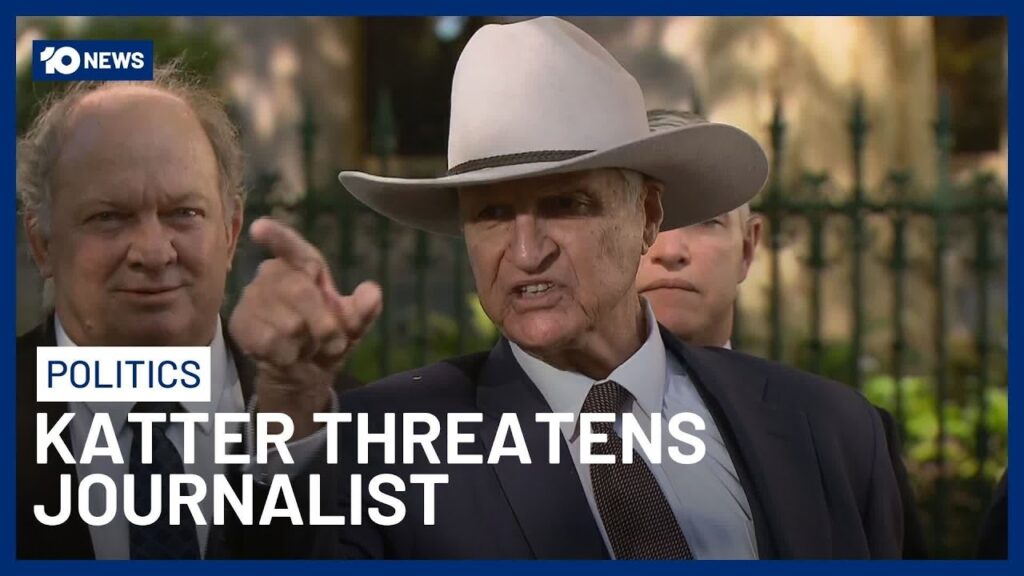
Introduction
Bob Katter, a notable Australian politician and the founder of the Katter’s Australia Party (KAP), has consistently been a polarizing figure in the nation’s political landscape. His advocacy for regional development, rural industries, and unique policy positions have made him an important voice for certain constituents, especially in Queensland. Understanding Katter’s influence is essential as it reflects broader societal issues, including rural representation and economic strategies in Australia.
Political Career and Beliefs
Bob Katter was first elected to the Australian House of Representatives in 1993 and has since built a career around advocating for the rights and needs of rural and agricultural communities. His stances often challenge mainstream political norms, focusing on issues such as gun rights, opposition to foreign investment in agriculture, and protection for local farmers against corporate interests.
In recent years, Katter has publicly opposed policies that he believes threaten rural existence and the livelihoods of farmers, particularly in light of climate change challenges. His party, KAP, promotes self-sufficiency and sustainable agricultural practices, resonating with voters who feel sidelined by urban-centric political agendas.
Recent Developments and Initiatives
As of 2023, Katter has been vocal in discussions around energy policies and water rights management, where he argues for policies that prioritize local communities. In August 2023, he made headlines by criticizing the National Cabinet for its handling of water allocation during drought periods, arguing that the current policies disproportionately favor urban areas over rural farmers. This viewpoint has sparked significant debates across media platforms and in Parliament.
Katter also made headlines for proposing new measures aimed at reducing the costs of living for rural Australians, emphasizing the need for government support in essential services and transportation infrastructures, which have become increasingly costly for those living outside metropolitan areas.
Conclusion
Bob Katter’s role in Australian politics reflects a crucial dialogue around rural rights and the disconnect between urban and rural Australians. His unwavering support for regional issues continues to garner a dedicated following, even as it invites scrutiny and debate among other political figures and parties. Looking ahead, as Australia’s political landscape evolves, Katter’s unique perspectives on agriculture and rural development will likely remain significant, potentially influencing future policies and advocating for the rural constituents who feel significantly impacted by national decisions.



